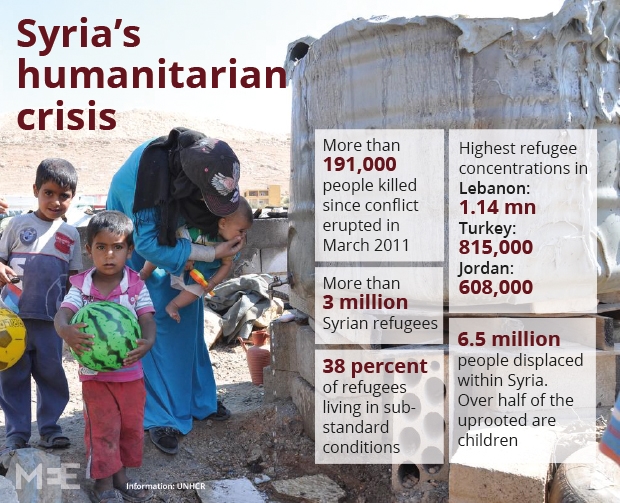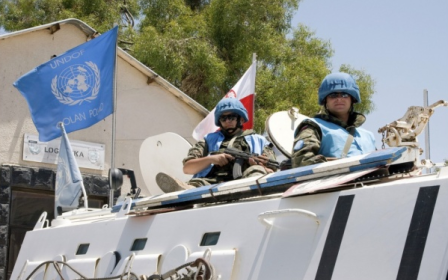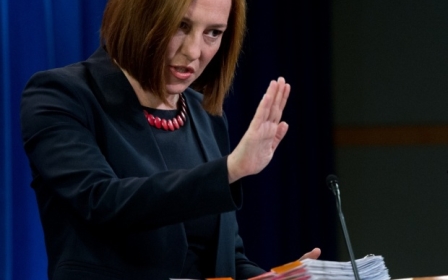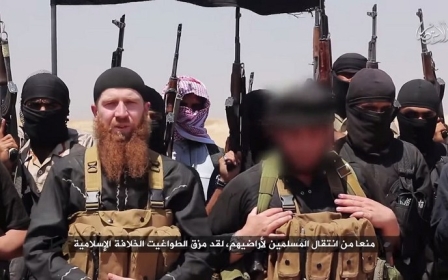UN: Syria ‘biggest humanitarian emergency of our era’
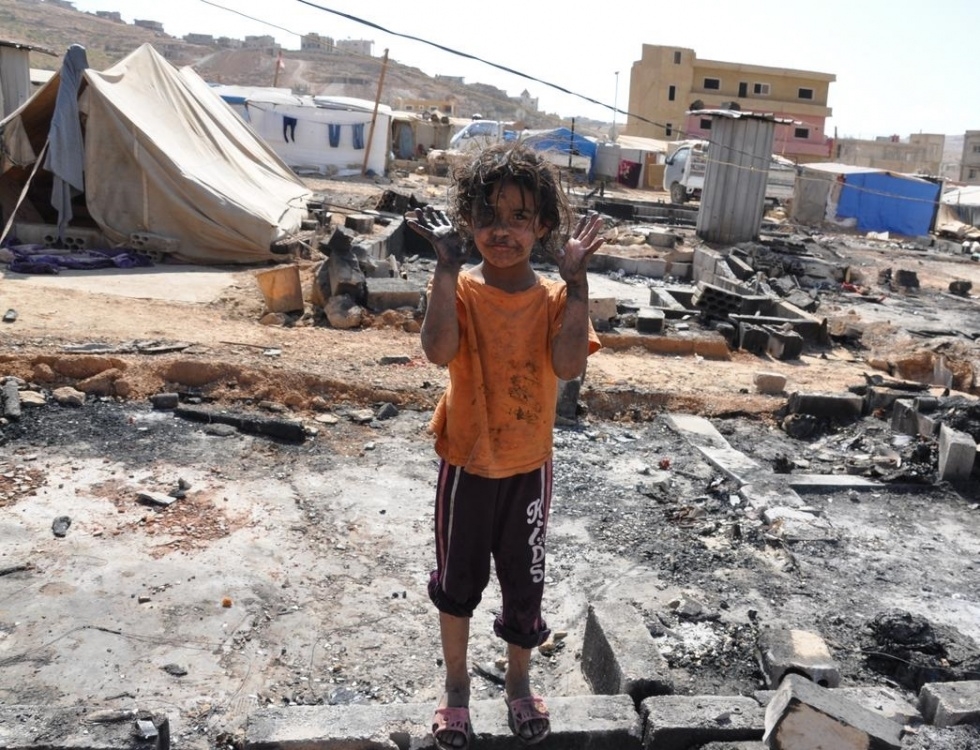
More than three million Syrians are now registered refugees, the UN’s refugee agency said on Friday while warning that the conflict was now “the biggest humanitarian emergency of our era".
According to UNHCR, almost half of all Syrians have had to flee their homes since March 2011, when protests against the rule President Bashar al-Assad first broke out, sparking a cycle of repression and violence that eventually erupted into outright civil war.
There are now 6.45 million internally displaced Syrians, while at least three million have fled to neighbouring countries.
Lebanon, which has officially taken in 1.14 million, has so far borne the brunt of the burden. Turkey has officially taken in 800,000, while Jordan has some 610,000 registered refugees. War-torn Iraq also has some 215,000 Syrian refugees. Half of all refugees are children.
The true refugee figures are expected to be higher, with hundreds of thousands more unregistered Syrians believed to be scattered throughout the region.
"The Syrian crisis has become the biggest humanitarian emergency of our era, yet the world is failing to meet the needs of refugees and the countries hosting them," said Antonio Guterres, the UN High Commissioner for Refugees.
"The response to the Syrian crisis has been generous, but the bitter truth is that it falls far short of what's needed."
The UN warning comes a day after 43 UN peacekeepers were captured by rebel Nusra Front force in the Syrian Golan where the government has been clashing with rebel forces in recent days.
Islamic State
More than 190,000 people have been killed in the bloody civil war, which shows no signs of abating.
There are now fears that the conflict looks set to get even worse, with analysts warning that Islamic State (IS) militants are making further gains in Syria.
IS has long controlled swaths of eastern Syria but since the group launched its offensive in Iraq, and managed to seize the country’s second city Mosul, it has grown bolder.
"Since the June breakthrough in Iraq, Islamic State has been striving to consolidate its control over eastern Syria," Aron Lund, a Syria analyst focusing on opposition movements told Al Jazeera.
The group’s principle gains in recent weeks have been against Assad forces in the Raqa province, where it seized control of the Tabqa airbase on Sunday. This has sparked concerns that IS could be preparing to launch an assault on Homs, a bastion of the revolution which fell to Assad hands in May after a three-year siege.
"[IS] cleaned out significant rebel pockets from the Euphrates towns in the Deir al-Zour province,” Lund said. “There is still one significant pocket of support for Assad left: the Deir al-Zour airport and some southern neighbourhoods of the city itself. But if they capture that, eastern Syria is pretty much all in Islamic State hands."
IS has also managed to make gains in northern Syria, where it has been clashing with rival rebel groups near Syria’s second city Aleppo in recent weeks.
US President Barack Obama has now begun military monitoring missions above Syria, aimed at supporting US airstrikes on IS positions in Iraq which began earlier this month and have helped to stem the IS tide.
The US is currently building a coalition to fight IS, which it says will be made up of European, Arab and other countries and will contribute in an array of ways, including to humanitarian, intelligence and diplomatic efforts.
"I think it’s really important for everybody to broaden this far past the possibility of strikes or far past a military step," State Department spokeswoman Jen Psaki said on Wednesday.
However, Obama in a speech made late on Thursday admitted that the US was still mulling over its foreign policy on the issue.
“I don’t want to put the cart before the horse. We don’t have strategy yet,” Obama told reporters.
Middle East Eye propose une couverture et une analyse indépendantes et incomparables du Moyen-Orient, de l’Afrique du Nord et d’autres régions du monde. Pour en savoir plus sur la reprise de ce contenu et les frais qui s’appliquent, veuillez remplir ce formulaire [en anglais]. Pour en savoir plus sur MEE, cliquez ici [en anglais].


